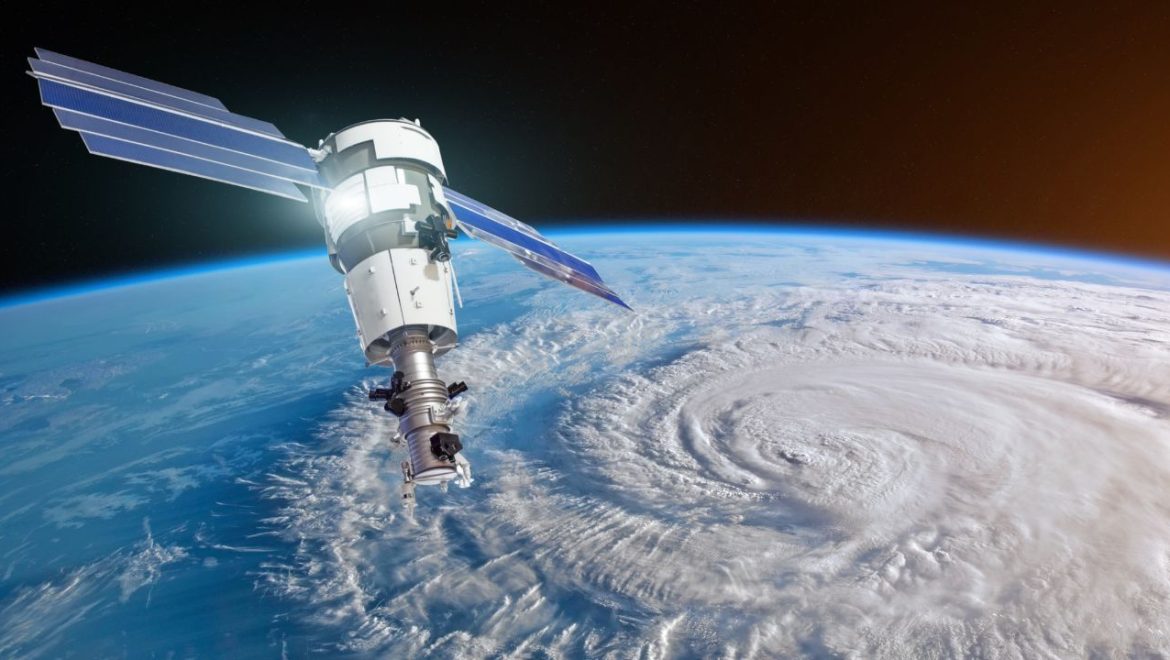
The National Aeronautics and Space Administration (NASA) has been at the forefront of space exploration since its inception in 1958. From the iconic Apollo moon landings to the modern-day Artemis program, NASA’s contributions to science, technology, and our understanding of the universe are unparalleled. Central to these achievements are the astronauts who undertake perilous missions, pushing the boundaries of human capability.
The Birth of NASA
NASA was established on July 29, 1958, in response to the Soviet Union’s successful launch of Sputnik, the world’s first artificial satellite. This event marked the beginning of the space race, a period of intense competition between the U.S. and the USSR. NASA’s creation unified various research organizations under a single agency, enabling the U.S. to compete more effectively in space exploration.
NASA’s early missions focused on understanding the conditions in space and testing technologies for future human missions. The Mercury and Gemini programs, for example, were crucial in developing the skills and knowledge required for the Apollo moon landings .
The Role of Astronauts
Astronauts are the brave men and women who venture into space, conducting experiments, maintaining spacecraft, and exploring extraterrestrial environments. Becoming an astronaut is a rigorous process that requires extensive training, education, and physical fitness. Typically, astronauts have backgrounds in engineering, physical sciences, or medicine, with many holding advanced degrees.
NASA’s astronaut selection process is highly competitive. Candidates undergo extensive physical and psychological evaluations, and those selected spend years training in simulators, learning survival skills, and studying the systems of the spacecraft they will be operating .
Historical Milestones
One of NASA’s most significant achievements is the Apollo program, which successfully landed humans on the moon. On July 20, 1969, astronaut Neil Armstrong became the first person to set foot on the lunar surface, followed by Buzz Aldrin. This historic moment fulfilled President John F. Kennedy’s 1961 promise to land a man on the moon before the decade’s end and remains one of the most iconic moments in space exploration .
Beyond the moon, NASA has also sent astronauts to live and work on the International Space Station (ISS). The ISS is a collaborative project involving multiple countries, serving as a laboratory for scientific research in microgravity. Astronauts aboard the ISS conduct experiments that have led to advances in medicine, materials science, and our understanding of the human body .
The Future: Artemis Program and Beyond
NASA’s current focus is on the Artemis program, which aims to return humans to the moon by 2025 and eventually establish a sustainable presence there. The program also plans to send the first woman and the first person of color to the lunar surface. Artemis is seen as a stepping stone to future missions to Mars, with the ultimate goal of sending humans to the Red Planet by the 2030s .
In addition to crewed missions, NASA continues to innovate with robotic explorers like the Mars rovers and space telescopes like the James Webb Space Telescope, which are expanding our understanding of the universe.
NASA and its astronauts have made significant strides in exploring space, pushing the limits of what humanity can achieve. From the early days of the space race to the upcoming Artemis missions, NASA’s work continues to inspire and pave the way for future generations of explorers.
Sources:
NASA International Space Station Research
